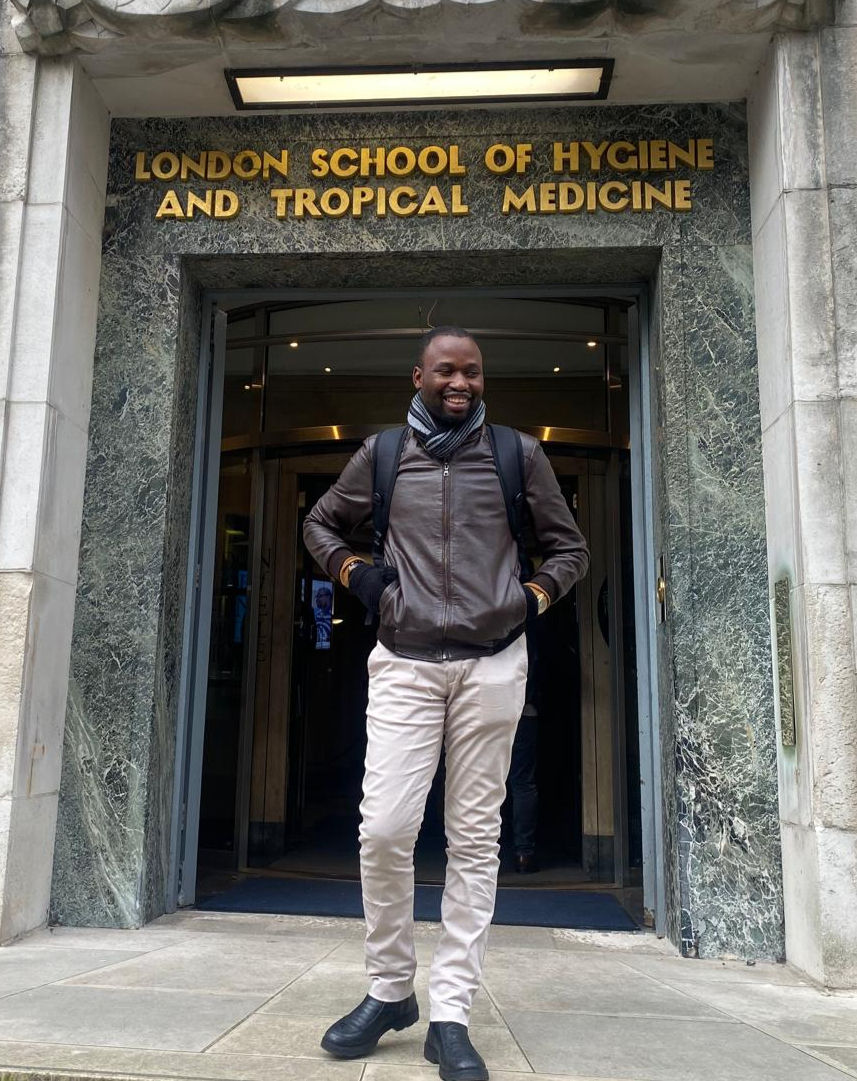SIMBA study shares preliminary findings at early career researcher talk
- Ellen Chiyindiko
- Aug 4, 2025
- 2 min read
On July 23rd, Angus de Wilton, Mazvita Maud, and David Hettle presented an Early Career Researcher talk on the SIMBA study, sharing some exciting early findings as the study nears the end of its first year. After providing a historical overview of the relationship between tuberculosis (TB) and muscle, Angus and Mazvita walked the audience through the quantitative arm of SIMBA, which explores two main questions: What is the effect of TB on human muscle? and How does this change as people recover?
The study recruited 75 people with TB at diagnosis, and two-month follow-up visits are currently ongoing. Muscle mass, strength, and power are being measured using a range of tools—including imaging, muscle performance testing, anthropometry, and assessments of functional impairment and disability. Early results show that severe TB disease is associated with impairments in grip strength and jump power, as well as broader functional limitations. The study is also looking at the impact of TB on physical appearance, with many participants reporting visible changes to their skin both before and after starting treatment.
Dave and Modester then shared findings from qualitative workshops that explored TB’s impact on participants’ physical function and daily activities, and their views on what recovery and ‘success’ mean after a TB diagnosis. Reported symptoms extended beyond those directly caused by TB—such as coughing and fatigue—to include low motivation, low mood, and the effects of stigma and discrimination, which disrupted social, community, and family roles. Participants two months into treatment described promising signs of recovery. However, those 12 months post-diagnosis (at least six months after completing treatment) shared that many physical, psychological, and social consequences of TB still lingered.
These challenges became harder to manage after being discharged from TB services—usually at the end of treatment, which is defined as “success” by the WHO. Rather than seeing treatment completion as a definitive endpoint, participants viewed it as simply the point when medication ends—emphasizing that ongoing support is still needed, though often unavailable.
With continued follow-up and more workshops planned, the SIMBA team is excited to keep learning about how TB and its treatment affect people in Zimbabwe, and how they can be better supported throughout their recovery journey











Comments